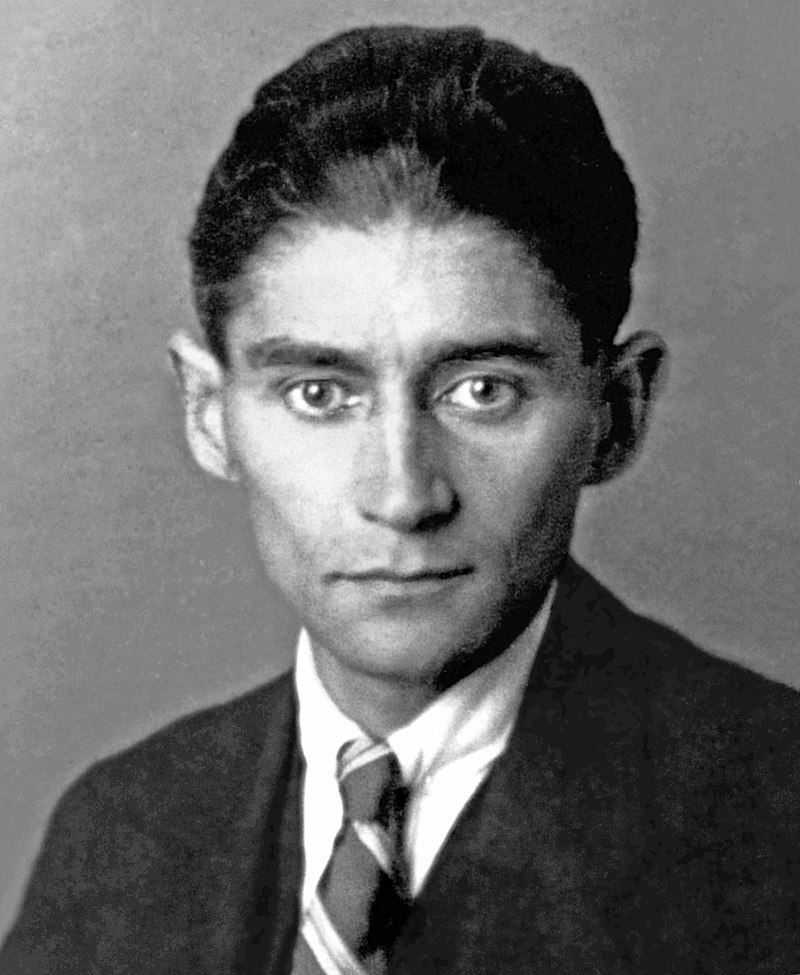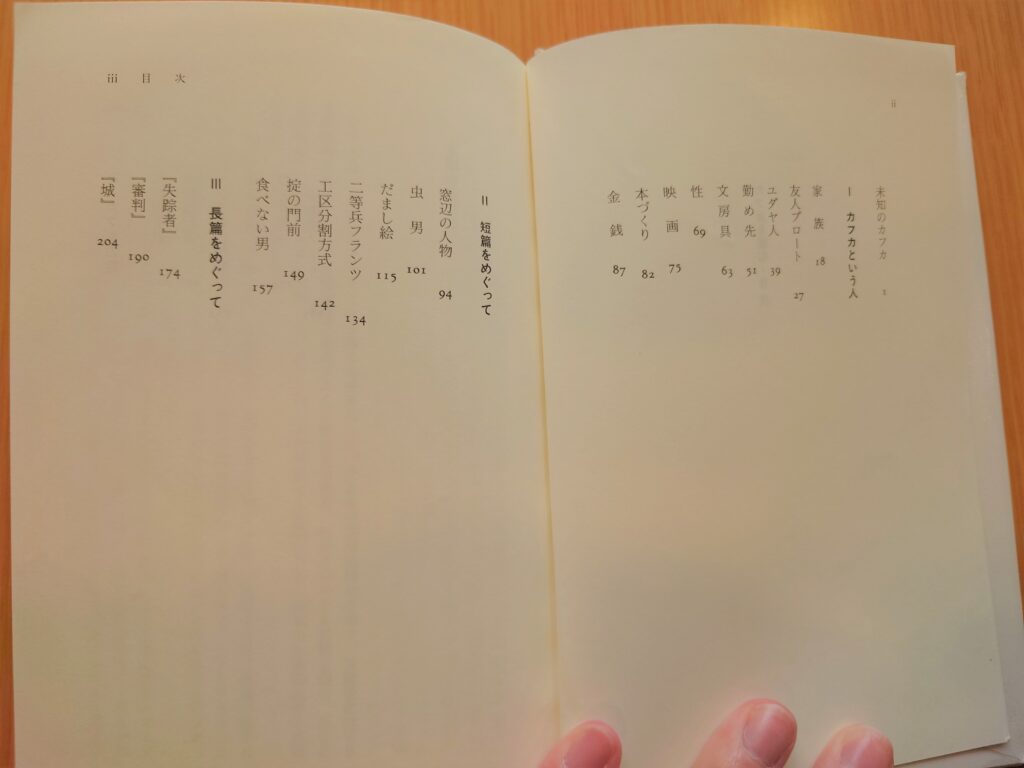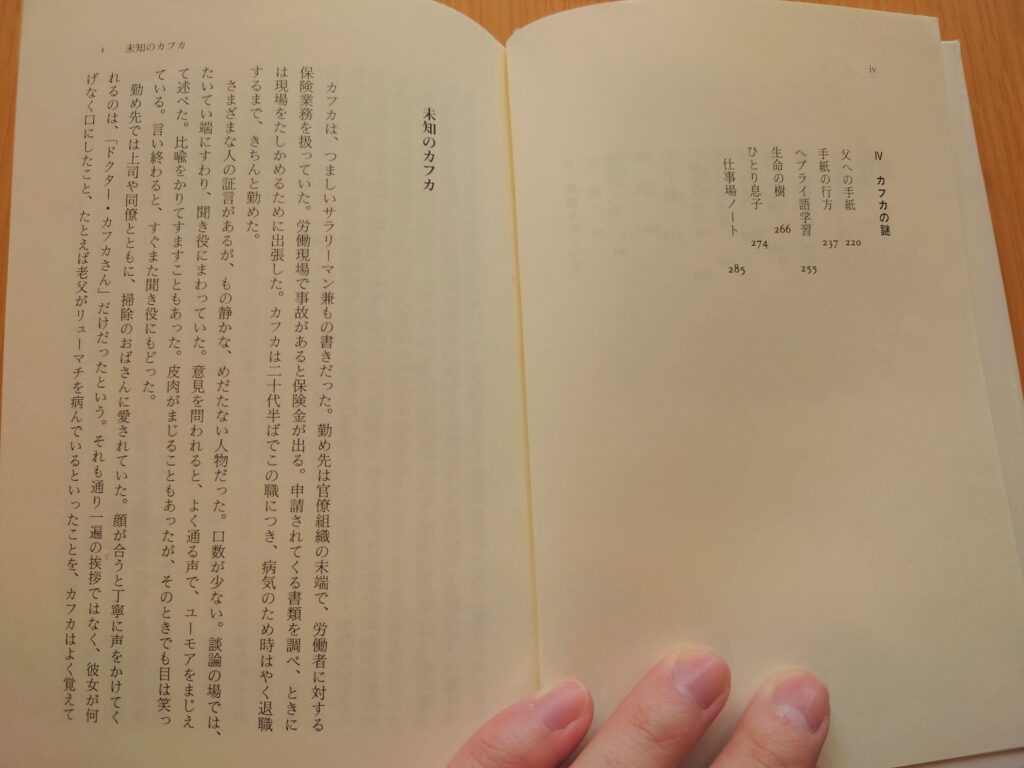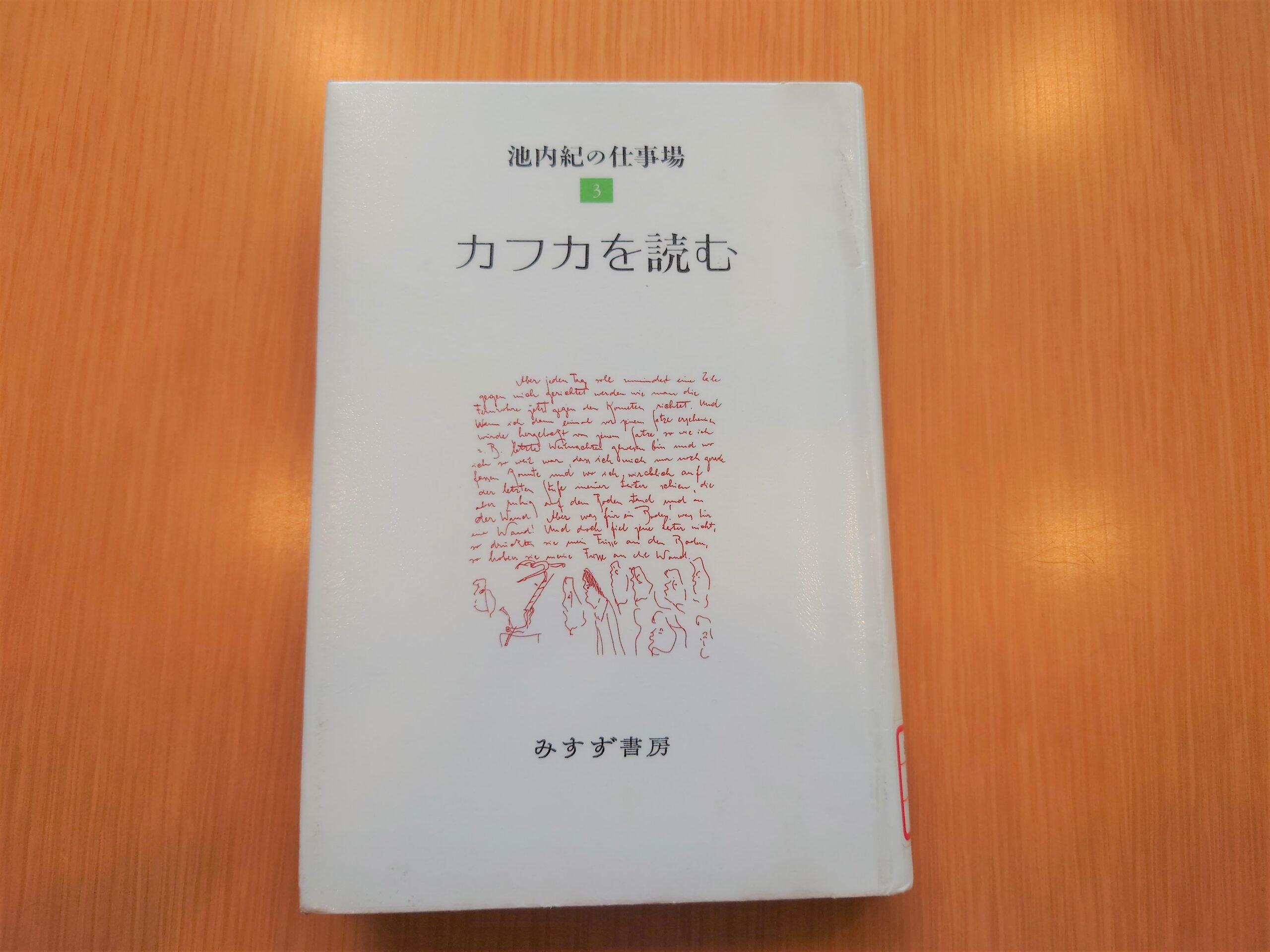Recommended Kafka Introductory Book! Nori Ikeuchi, "Nori Ikeuchi's Workplace 3: Reading Kafka" Recommended Kafka introductory book!
Introduced here is "Ikeuchi Nori's Workplace 3: Reading Kafka" by Nori Ikeuchi, published by Misuzu Shobo in 2004.
Let's take a quick look at the book.
When I left college, my thesis was Kafka. After entering graduate school, I stopped reading Kafka. One reason was that I could not get used to reading Kafka in Japanese. I don't know why. Anyway, when I started reading Kafka's works, I felt annoyed. It was too different from reading the original.
In the "Workplace Note" of "Reading Kafka," the author writes Looking back, the "Kafka literature" that came into vogue during the postwar existentialist boom was dark and serious, and it was difficult to attract readers, which was something to be thankful for. However, with the publication of the manuscript edition of "The Complete Works of Kafka's Novels" (Hakusuisha), translated by Nori Ikeuchi, the image of this novelist changed completely. His fierce literary ambition and humor became apparent, along with his conception of his novels. Instead of an enigmatic, mythical figure, a life-size Kafka was discovered.
In the corner of the bookshelf is a file labeled "Kafka. The whole thing is bulging out like an elephant's belly because I put in whatever had something to do with Kafka. Maps of Prague, postcards, photographs, photocopies of illustrations, newspaper clippings, movie pamphlets: ......"
The book will include a detailed analysis and appreciation of Kafka's family, especially his relationship with his father, his place of employment, his stationery, his relationships with women, as well as "Metamorphosis," "The Fasting Artist," and his trilogy of long novels. This book will reveal an "unknown Kafka" through the latest texts and field research.
Misuzu Shobohome page.

Franz Kafka (1883-1924)Wikipedia.
In the introduction to this book, "Kafka's literature, which came into vogue during the postwar existentialist boom, was dark and serious, and its inability to attract readers was gratifying in some ways. As stated, "Kafka used to have a difficult and dark image.
Recently, however, such an image of Kafka has changed, and a life-size Kafka with ambition and humor has emerged.
This work is truly one of the best books to know such Kafka.


As you can see from the table of contents, the first half of the book discusses his upbringing and how he was influenced by it.
Whether you know little about Kafka or are familiar with his work, you will enjoy Kafka's stories, which are very interesting and worthwhile reading. You will be surprised to learn that Kafka was such a man! I am sure you will be surprised.
Then, from the midpoint onward, the audience will actually see Kafka's short and long works, and the meaning, enjoyment, and anecdotes that go into them will be discussed.
Kafka's works have many mysterious twists and turns, and there are many scenes that make me panic when I read them. It would be quite helpful if you could give us an easy-to-understand explanation.
I highly recommend this book as an introduction to Kafka or as a reference book when in need of help.
This is especially recommended for those who find the Kafka difficult to approach because it is difficult and dark. I am sure it will change your image of Kafka. I have come to like Kafka more and more.
I highly recommend this book.
This is "Ki Ikeuchi's Workplace 3: Reading Kafka," a recommended introduction to Kafka! was "Kafka's Workplace 3: Reading Kafka".
Click here to read the previous article.
Next Article.
Related Articles







































